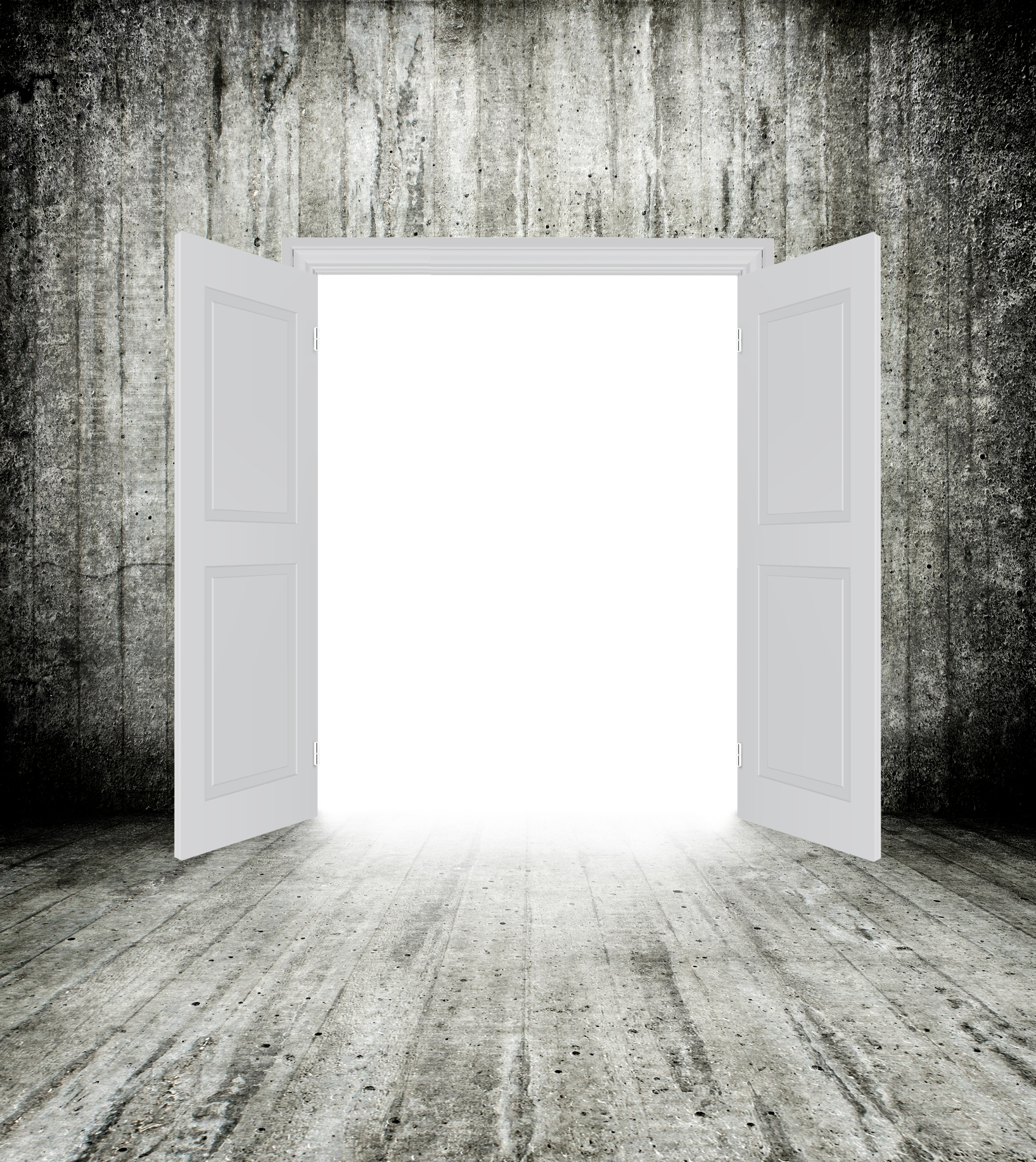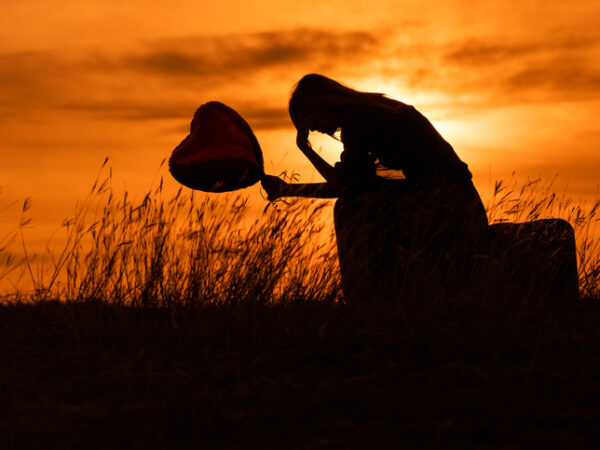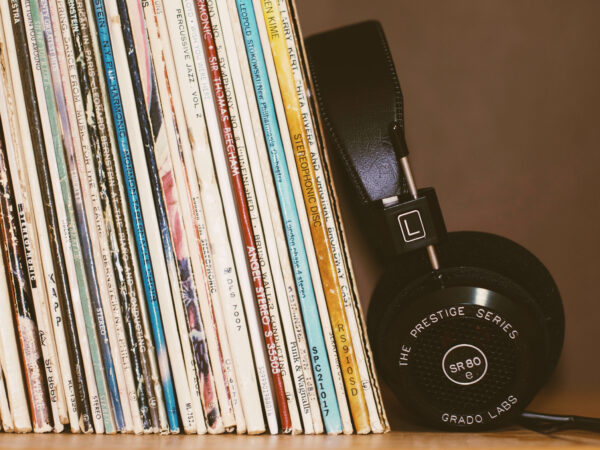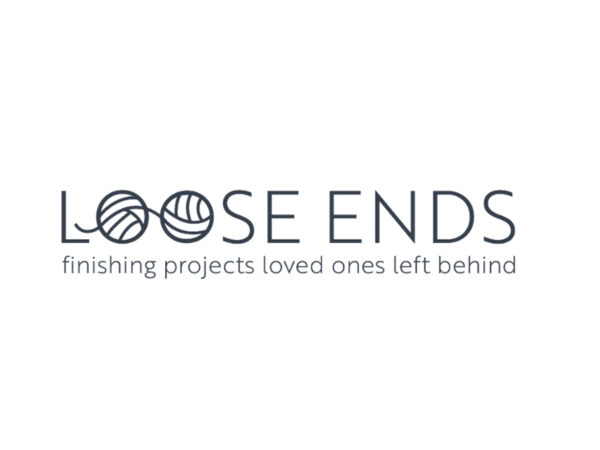As we at the Oldish discovered recently, more older adults are likely to discuss their wishes and plans for their own funeral than they are to talk openly with grown children about finances and how to fund their care in old age. But funerals themselves have recently undergone some fairly dramatic changes as a growing number of people are considering the environment and abandoning unnecessary and expensive burial options. With over 20 million litres of embalming fluid used in the United States every year and one cremation using the same amount of natural gas as it takes to heat an average home for one week, it’s no wonder options are being considered.
According to the National Funeral Director’s Association, more than half of Americans are thinking about having a green burial and foregoing the traditional embalming, expensive casket and cement vault in favor of a funeral with a smaller environmental footprint. Besides saving the earth by avoiding unnecessary chemicals that leach into the ground and choosing biodegradable containers, families can also save their pocketbook. With an average cost for a funeral running at more than $8,500, more families are choosing to celebrate life with a more intimate and modest memorial. Many are returning to traditions like burial using a simple cotton shroud instead of a non-biodegradable casket. Cremation or alkaline hydrolysis (to aid in the decomposition of soft tissue) are also gaining more wide acceptance. There are options to use human ashes to create a memorial burial pod that will grow into a tree or a coral reef habitat for sea life. There are even companies that will press the ashes into diamonds, vinyl records or pieces of art.
The excesses of cut flowers, formal services and days-long visitations are more frequently being replaced by home receptions and more environmentally conscious internment. But as yet, there are only about 150 green cemeteries in the United States and Canada. As people become more aware that embalming and elaborate caskets aren’t strictly necessary, it’s expected that more funeral planning will take into account the environmental impact of end-of-life decisions. Baby boomers who spearheaded recycling and environmentally friendly initiatives throughout their lives are more likely than their parents to also consider greener and more affordable burial practices.
To learn more about green burial, to find a provider or for more information about green certified caskets, shrouds and urns, follow this link to the Green Burial Council. To learn more about green funeral practices and alternatives to formaldehyde embalming for viewing, visit the NFDA website here.






Add Your Voice
0 Comments
Join the Discussion